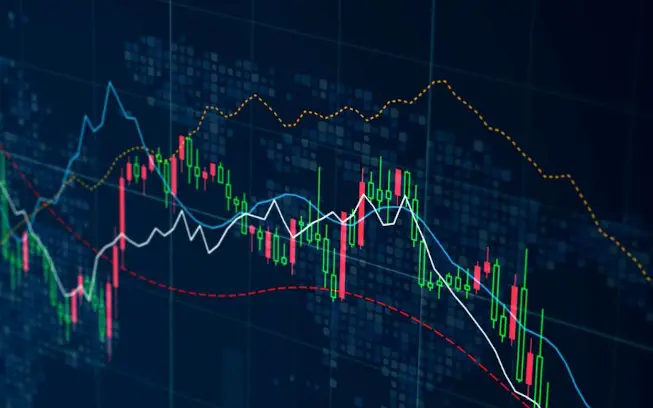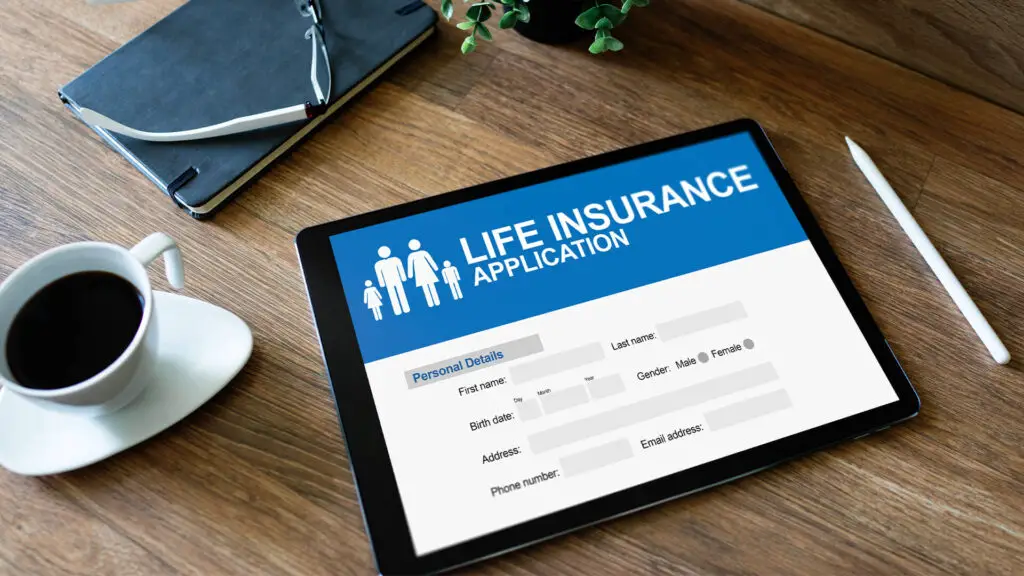As the global foreign exchange market continues to attract traders with its dynamic nature and potential for profit, the question of where to trade forex becomes increasingly relevant. Choosing the right platform is crucial for success in the world of currency trading. In this article, we will explore the key considerations for selecting a forex trading platform and highlight some popular options for traders.
- Online Brokerages:
The majority of forex trading occurs through online brokerages. These platforms act as intermediaries, facilitating currency transactions for retail traders. When choosing an online brokerage, it’s essential to consider factors such as regulatory compliance, trading fees, available currency pairs, and the quality of the trading platform. Well-known brokerages like Forex.com, IG, and OANDA are popular choices among traders due to their reliability and user-friendly interfaces.
- Regulatory Compliance:
Before committing to a forex trading platform, it’s crucial to ensure that the brokerage is regulated by a reputable financial authority. Regulatory oversight helps ensure fair practices, security of funds, and adherence to industry standards. Common regulatory bodies include the Financial Conduct Authority (FCA) in the UK, the Commodity Futures Trading Commission (CFTC) in the United States, and the Australian Securities and Investments Commission (ASIC).
- Trading Fees and Costs:
Different forex brokers have varying fee structures, and these fees can significantly impact your trading profitability. Consider the spread (the difference between the buying and selling prices), commissions, and any additional fees associated with deposits, withdrawals, or inactivity. Some brokers offer tight spreads and low commissions, making them more cost-effective for frequent traders.
- Educational Resources:
For beginners in forex trading, educational resources provided by the trading platform can be invaluable. Look for platforms that offer educational materials, webinars, and demo accounts. Demo accounts allow you to practice trading with virtual funds, gaining hands-on experience without risking real money. This is an excellent way to familiarize yourself with the platform and refine your trading skills.
- Customer Support:
Reliable customer support is crucial, especially when you encounter issues or have questions about your trades. Look for platforms that offer responsive customer support through various channels, such as live chat, email, or phone. Assess the availability and helpfulness of customer support services before committing to a trading platform.
- Mobile Trading Apps:
In an era of increased mobility, having access to a mobile trading app is a significant advantage. Many forex brokers provide mobile applications that allow traders to monitor the markets, execute trades, and manage their portfolios from anywhere with an internet connection. Check the availability and functionality of the mobile app when evaluating a trading platform.
Conclusion:
Selecting where to trade forex is a crucial decision that can significantly impact your trading experience and success. Whether you are a seasoned trader or just starting, consider factors such as regulatory compliance, trading fees, available currency pairs, the quality of the trading platform, educational resources, customer support, and mobile trading capabilities. Popular and reputable forex brokers, such as Forex.com, IG, and OANDA, often meet these criteria, providing a solid foundation for traders to navigate the complexities of the foreign exchange market. Remember that each trader’s needs are unique, so take the time to evaluate different platforms to find the one that aligns with your trading goals and preferences.
- Get free Tips & Trick everyday



